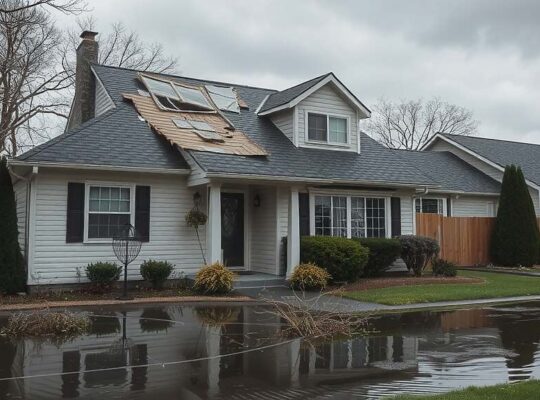Coastal Communities Brace for Elevated Flood Risk Amidst Political Scrutiny of Infrastructure Preparedness
A cautionary alert has been issued for the North Sea coastline of Lower Saxony, Germany, concerning a potential low-level storm surge expected throughout the weekend. The Lower Saxony State Agency for Water Management, Coastal and Nature Conservation (NLWKN) has flagged elevated water levels at key monitoring locations including Norderney, Bensersiel, Emden, Wilhelmshaven, Cuxhaven and Bremerhaven, sparking concerns among local authorities and residents.
Friday’s forecast predicts a tidal surge deviation of up to 1.5 meters above the average high tide, significantly increasing the risk of localized flooding. Areas particularly vulnerable include beaches, coastal plains and harbor facilities. Strong winds, currently blowing from a west-southwesterly direction at a force of 8 Beaufort (a moderate gale), are contributing to the heightened danger.
The situation is expected to persist into the weekend, with a forecasted deviation of approximately 1 meter on Saturday and a potential rise to 1.25 meters by Sunday. While officials emphasize the reliance on wind forecast data provided by the German Meteorological Service (DWD) for these predictions, they acknowledge the possibility of deviations from anticipated timing. An updated forecast is scheduled for Saturday, offering a revised evaluation of the evolving risk.
The alert comes at a politically sensitive time, with increasing criticism leveled at the adequacy of Germany’s coastal flood defenses in the face of increasingly frequent and intense weather events attributed to climate change. Opposition parties have already begun to question the government’s investment in coastal protection infrastructure, pointing to the potential for more severe consequences should the storm surge intensify. Concerns have been raised regarding the aging of existing dykes and harbor infrastructure, prompting demands for accelerated modernization programs and more robust long-term planning.
The reliance on DWD data for forecasting is also under scrutiny, with experts suggesting a greater emphasis on incorporating localized data and advanced modeling techniques to improve the accuracy of predictions and facilitate more effective preventative measures. The coming days will be crucial in assessing the resilience of coastal communities and the effectiveness of current strategies, while simultaneously reigniting the debate about Germany’s preparedness for the inevitable challenges posed by a changing climate.












